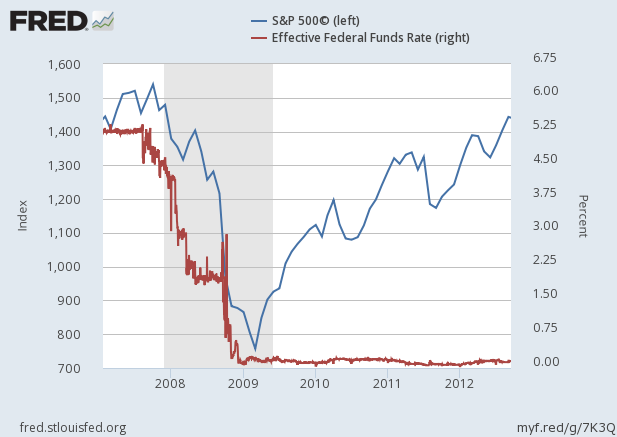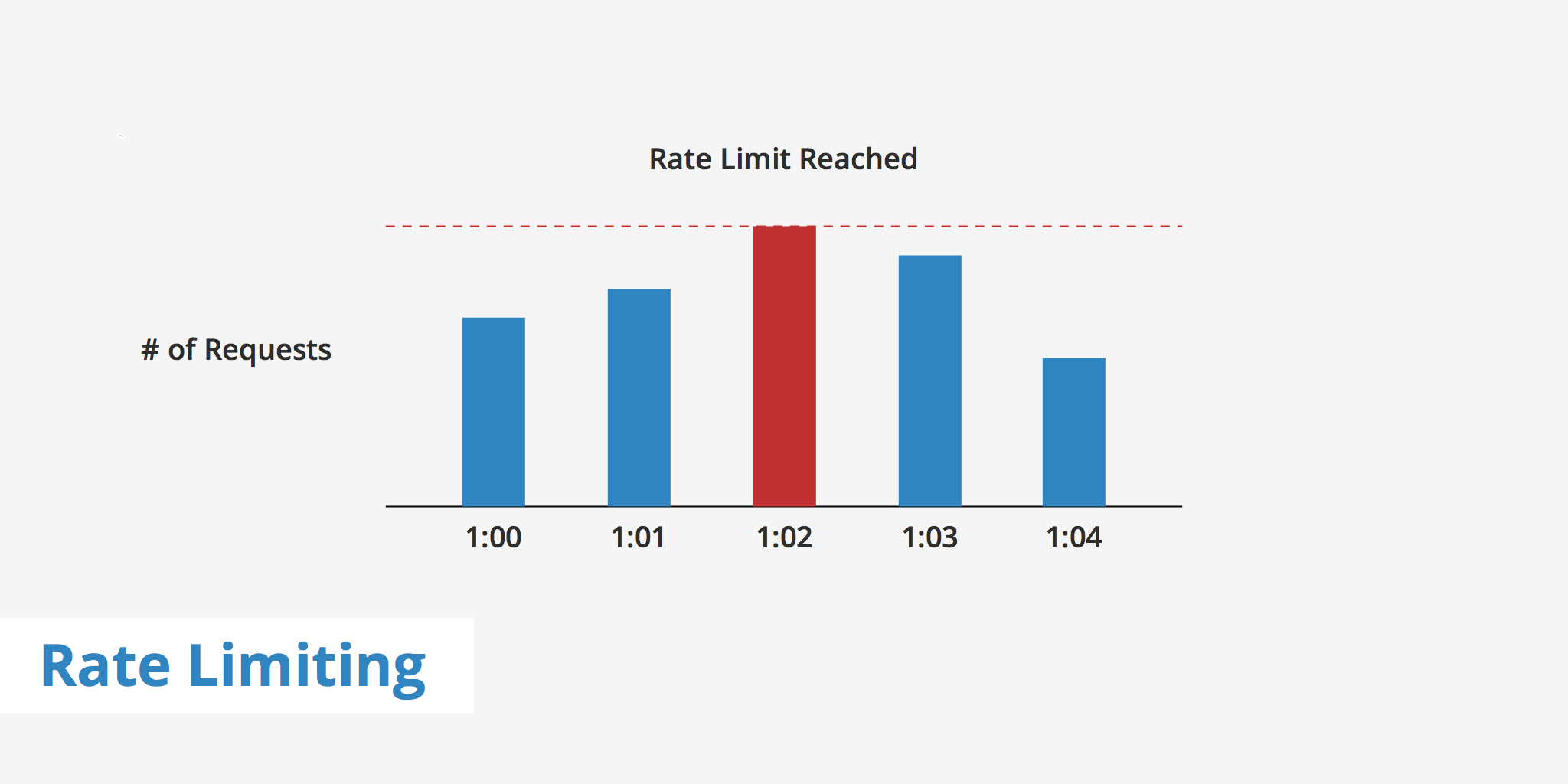
One-third (35%) of primary care physicians are not fully comfortable diagnosing MCI, and more than one-half (51%) are not fully comfortable diagnosing MCI due to Alzheimer’s disease.More than half say they would wait until they had symptoms for a while, wait until symptoms worsened or wait until others expressed concern before talking to their doctor.Īn overwhelming majority of primary care physicians believe it is important to diagnose MCI and that early intervention is critical, but diagnosis is challenging and resources are unfamiliar. Only 40% of Americans say they would talk to their doctor right away when experiencing symptoms of MCI.

Over half of all Americans say MCI sounds like "normal aging".Fewer than 1 in 5 Americans (17% to 18%) across all racial and ethnic groups are familiar with MCI.Within five years, about one-third of people with MCI due to Alzheimer’s disease develop dementia.ĭespite the fact that 12% to 18% of people age 60 or older are living with MCI, public awareness is low: Each year, an estimated 10% to 15% of people living with MCI go on to develop dementia.

Because the changes are subtle, MCI is sometimes confused with normal aging and diagnosis can be challenging. Mild cognitive impairment (MCI) causes cognitive changes that can be noticed by the person affected and by family members and friends, but do not affect the individual’s ability to carry out everyday activities. People living with Alzheimer's or other dementias make up a large proportion of all elderly people who receive adult day services and nursing home care.Older people living with Alzheimer’s or other dementias have more skilled nursing facility stays and home health care visits per year than other older people.Medicare beneficiaries with Alzheimer's or other dementias are more likely than those without dementia to have other chronic conditions, such as heart disease, diabetes and kidney disease.People living with Alzheimer's or other dementias have twice as many hospital stays per year as other older people.This dramatic rise includes three-fold increases both in government spending under Medicare and Medicaid and in out-of-pocket spending. Unless a treatment to slow, stop or prevent the disease is developed, in 2050, Alzheimer's is projected to cost nearly $1 trillion (in 2022 dollars). In 2022, Alzheimer's and other dementias will cost the nation $321 billion, including $206 billion in Medicare and Medicaid payments combined. The costs of health care and long-term care for individuals living with Alzheimer’s or other dementias are substantial, and dementia is one of the costliest conditions to society. The demand for direct care workers (roles such as nurses aides and home health aides) is projected to grow by more than 40% between 20, while their availability is expected to decline.Only 4% of social workers have formal certification in geriatric social work.Less than 1% of registered nurses, physician assistants and pharmacists identify themselves as specializing in geriatrics.Only 12% of nurse practitioners have special expertise in gerontological care.Few care professionals specialize in geriatrics:.The United States will have to nearly triple the number of geriatricians to effectively care for the number of people projected to have Alzheimer's in 2050.More than 25% reported being “only sometimes” or “never” comfortable answering patient questions about Alzheimer’s or other dementias. Half of primary care physicians reported that they do not feel adequately prepared to care for individuals with Alzheimer’s and other dementias.Does not apply to the purchase or renewal of Fitbit Premium or other services.As the prevalence of Alzheimer’s disease increases, so does the need for additional members of the paid workforce who are involved in diagnosing, treating and caring for those living with the disease. Customer is responsible for return shipping costs.
#Rate it 7 out of 5 full
☯or purchases made between Novemand December 31, 2022, items may be returned for a full refund until Januor 45 days from date of purchase, whichever is later. Cannot be combined with other discounts or applied after the order has been placed. Offer is limited to one (1) bundle per order.

¹This offer is limited to purchases of: (i) a Fitbit Sense 2 and (ii) a 24mm attach sport band or (i) Fitbit Luxe and (ii) a gorjana for Luxe Parker Link Bracelet. Purchase is limited to ten (10) Fitbit products. Products on sale and bundle offers are subject to change throughout the promotion period. *Sale applies to select Fitbit products on while supplies last.


 0 kommentar(er)
0 kommentar(er)
